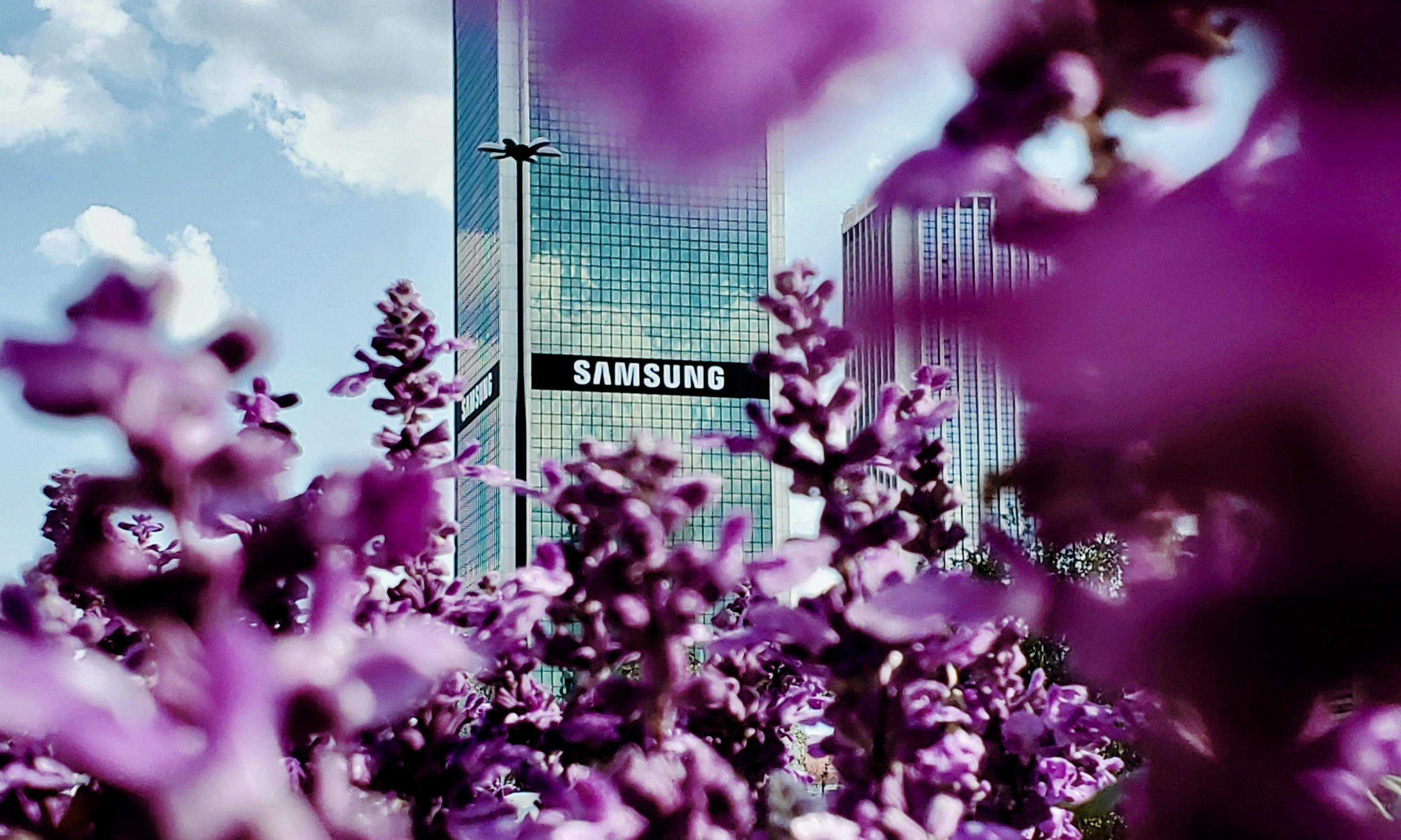Samsung Electronics denied on Friday that its high-bandwidth memory chips had yet to pass Nvidia's tests for use in the US semiconductor giant's AI systems.
Nvidia's Approval Process Faces Delays
In an exclusive report by Reuters, it has been revealed that Nvidia still needs to approve Samsung's HBM3 processors, which cannot be used in Nvidia's AI processors. The heat and power problems seen in HBM3 chips are also happening with the HBM3E chips.
"The problems affect Samsung's HBM3 chips, which are the fourth-generation HBM standard currently most used in graphics processing units for artificial intelligence, as well as fifth-generation HBM3E chips that the South Korean tech giant and its rivals are bringing to market this year," according to the report.
The results of Samsung's 8-layer and 12-layer HBM3E chips were released in April 2024. While Samsung's HBM3 chips continue to fail, sources claim that SK Hynix began supplying HBM3E chips to Nvidia in March 2024.
Samsung's Commitment to Quality
"We are currently working closely with multiple companies and continuously testing technology and performance," the Korean tech giant said. "We are conducting various tests to thoroughly verify the quality and performance of HBM."
Samsung reiterated its unwavering commitment to enhancing the quality and reliability of its products. This commitment aims to provide consumers with the best possible solutions and instill optimism about the company's future in the semiconductor industry.
Samsung's Strategic Leadership Changes
According to The Korea Herald, Samsung made a significant leadership change on Tuesday as part of its strategic moves in the AI battle.
Co-CEO Kyung Kye-hyun, a seasoned veteran, was replaced as head of semiconductors by vice chairman Jun Young-hyun, a move that underscores the company's strong determination to enhance its future competitiveness.
Last month, Samsung started mass-producing eight-layer HBM3E chips. They aim to reach 12-layer devices in the second quarter.



 FedEx Faces Class Action Lawsuit Over Tariff Refunds After Supreme Court Ruling
FedEx Faces Class Action Lawsuit Over Tariff Refunds After Supreme Court Ruling  Flare, Xaman Roll Out One-Click DeFi Vault for XRP Yield via XRPL Wallets
Flare, Xaman Roll Out One-Click DeFi Vault for XRP Yield via XRPL Wallets  Panama Investigates CK Hutchison’s Port Unit After Court Voids Canal Contracts
Panama Investigates CK Hutchison’s Port Unit After Court Voids Canal Contracts  Samsung and SK Hynix Shares Hit Record Highs as Nvidia Earnings Boost AI Chip Demand
Samsung and SK Hynix Shares Hit Record Highs as Nvidia Earnings Boost AI Chip Demand  Snowflake Forecasts Strong Fiscal 2027 Revenue Growth as Enterprise AI Demand Surges
Snowflake Forecasts Strong Fiscal 2027 Revenue Growth as Enterprise AI Demand Surges  APEX Tech Acquisition Inc. Raises $111.97 Million in NYSE IPO Under Ticker TRADU
APEX Tech Acquisition Inc. Raises $111.97 Million in NYSE IPO Under Ticker TRADU  Samsung Electronics Stock Poised for $1 Trillion Valuation Amid AI and Memory Boom
Samsung Electronics Stock Poised for $1 Trillion Valuation Amid AI and Memory Boom  OpenAI Hires Former Meta and Apple AI Leader Ruomin Pang Amid Intensifying AI Talent War
OpenAI Hires Former Meta and Apple AI Leader Ruomin Pang Amid Intensifying AI Talent War  Amazon’s $50B OpenAI Investment Tied to AGI Milestone and IPO Plans
Amazon’s $50B OpenAI Investment Tied to AGI Milestone and IPO Plans  Netflix Stock Jumps 14% After Exiting Warner Bros Deal as Paramount Seals $110 Billion Acquisition
Netflix Stock Jumps 14% After Exiting Warner Bros Deal as Paramount Seals $110 Billion Acquisition  Lynas Rare Earths Shares Surge on Strong Half-Year Earnings and Rising Global Demand
Lynas Rare Earths Shares Surge on Strong Half-Year Earnings and Rising Global Demand  Meta Signs Multi-Billion Dollar AI Chip Deal With Google to Power Next-Gen AI Models
Meta Signs Multi-Billion Dollar AI Chip Deal With Google to Power Next-Gen AI Models  OpenAI Pentagon AI Contract Adds Safeguards Amid Anthropic Dispute
OpenAI Pentagon AI Contract Adds Safeguards Amid Anthropic Dispute  Anthropic Refuses Pentagon Request to Remove AI Safeguards Amid Defense Contract Dispute
Anthropic Refuses Pentagon Request to Remove AI Safeguards Amid Defense Contract Dispute  DeepSeek AI Model Trained on Nvidia Blackwell Chip Sparks U.S. Export Control Concerns
DeepSeek AI Model Trained on Nvidia Blackwell Chip Sparks U.S. Export Control Concerns  Nvidia Earnings Preview: AI Chip Demand, Data Center Growth and Blackwell Shipments in Focus
Nvidia Earnings Preview: AI Chip Demand, Data Center Growth and Blackwell Shipments in Focus  Microsoft Gaming Leadership Overhaul: Phil Spencer Retires, Asha Sharma Named New Xbox CEO
Microsoft Gaming Leadership Overhaul: Phil Spencer Retires, Asha Sharma Named New Xbox CEO 































